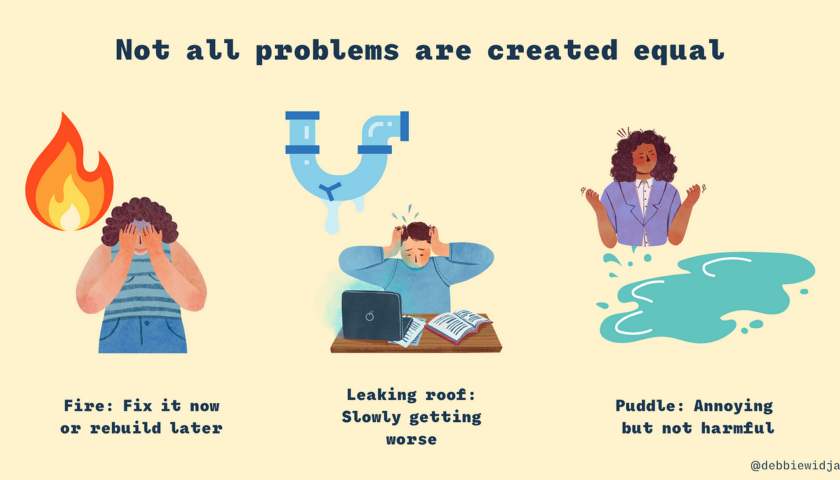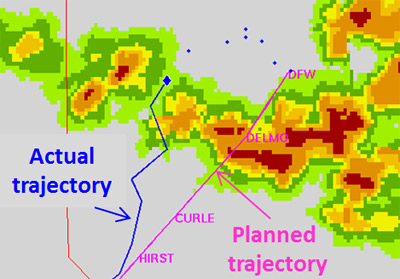The sea, once it casts its spell, holds one in its net of wonder forever.
It happened to me when I went scuba diving at Havelock Island, Andaman and Nicobar, India. The underwater environment is unfamiliar and hazardous, and to ensure safety, simple, yet necessary procedures must be followed. These procedures must be carefully learned. A diver must learn to pay attention to life-saving details and take responsibility for their own’s safety and his/her buddy. Before starting a dive both the diver and their buddy do equipment checks to ensure everything is in good working order and available. Did you hear CRM? As you’re carefully assembling your gear, the hundreds of rules and precautions are flying through your head; you’re imaging the absolute worst-case scenario. As you complete the last step of assembly and turn the knob to release the oxygen, the light hiss of the tank embodies a helping hand that will guide you through your entire underwater adventure. Does it not sound similar to Pre-flight checklist.
During the dive, your only source of life – oxygen comes from the mouthpiece, attached to an oxygen tank via a regulator. And you guessed it right, your nose is closed by face shield and you can not breathe through that. It sounds disturbing and insane but it is one of the most fascinating and peculiar sensations to be able to breathe underwater. The same as the ability to fly while sitting comfortably in the aircraft.
75% of the Earth is water. Divers live on a much bigger planet.
Unknown
Most of the safety procedures are intended to reduce the risk of drowning, and many of the rest are to reduce the risk of barotrauma and decompression sickness. To dive safely, divers are taught to control their rate of descent and ascent in the water and be able to maintain a constant depth in midwater. Whether it is 30,000 feet above or 30 feet below, the presence of hazards or chances of making an error is real. Does it remind you of the Non-normal checklist, memory items, or QRH? The requisite skills are acquired by training, education, and honed by practice. Open-water certification programmes highlight diving physiology, safe diving practices, and diving hazards. Proper planning, training, and safe diving practices make the sport safe and enjoyable.
Unlike general belief, scuba diving does not require superhuman swimming powers. The equipment makes it possible and your attitude makes it simple. The goal of scuba diving is to spend as little energy as possible while diving. The more relaxed you are longer your supply of air will last. In aviation, while flying you control your rate of climb or descend with engine power/thrust, whereas, during scuba diving, the diver uses his lungs like bellows to control buoyancy and achieve weightlessness. This minimizes the effort of swimming to maintain depth and therefore reduces gas consumption.
It is all very sensual, surreal. Hanging 30 feet underwater, the ocean is more lively and brisk sans waves. As in dreams and/or flying the point of scuba diving is not to focus on yourself, but it is on the beauty of the underwater world. There is nothing to be accomplished on dive except to explore and celebrate life. The deep blue world to which you surrender completely.
Every time you dive, you hope you’ll see something new — some new species. Sometimes the ocean gives you a gift, sometimes it doesn’t. You learn to be patient and restrain yourself. You allow the fishes to swim to you rather you doing it and scaring them and running out of oxygen. You learn to be smart. I respect the unique experience of each dive.
For most people, this is as close to being an astronaut as you’ll ever get. It’s leaving planet Earth behind and entering an alien world.
Mary Frances Emmons
Humans are terrestrial animals and both water and air are essential for existence on land but we can not naturally survive either in water or in air. With each dive, you learn to lose one’s own point of view and discover a new perspective of life. The diver acquires a new weightless outlook. Politically left or right, heavy as sin or lightness of virtue, right or wrong, morally straight or corrupt, the diver sheds everything. Or is it an unfamiliar environment mixed with constant threat leading to anxiety and terror? Sometimes, exhilaration grows into disorientation. You have got to think and make your own choice. This brings us to the most prominent question why diving? I tell them it is like going to a different world. For me, it is like going to outer space. The same feeling of floating in a spacesuit. The same feeling of life slowing down when you go supersonic in a fighter jet. And what a better way to spend holidays- wake up, eat breakfast, dive, lunch, sleep, dive, enjoy evening tea with another beautiful sunset, dinner, some small talk about the days diving, and sleep again … very relaxing.



